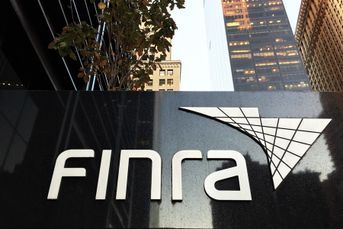Creation of new interval funds outpacing that of nontraded REITs
With the DOL fiduciary rule hampering sales of high-commission products like nontraded REITs and BDCs, interval funds are getting more attention.
Interval funds look like they are becoming a new favorite alternative investment for brokers and advisers, with the number of new interval funds outpacing nontraded real estate investment trusts for the second year in a row.
Through the first three quarters of 2017, six interval funds have been registered with the Securities and Exchange Commission, while five nontraded REITs were registered, according to the website Interval Fund Tracker. Three interval funds were registered in the third quarter, while only one nontraded REIT was.
Meanwhile, only one nontraded business development company has registered with the SEC this year. After the credit crisis, nontraded BDCs emerged as a popular alternative investment for independent reps, with sales reaching $3.9 billion in 2015, but have fallen sharply since. The Department of Labor’s fiduciary rule has severely hampered sales of high-commission products like nontraded REITs and BDCs.
“The trend of the interval fund market replacing part of the gap left by the falloff in the nontraded REIT and BDC markets has continued,” according to the site. Last year, 27 new interval funds were registered with the SEC, compared to 11 nontraded REITs.
The overall market for interval funds is quite small, with total fund net assets at more than $17 billion, according to the website.
Interval funds are a type of closed-end fund with an important distinction, according to a report earlier this year from Morningstar: Shares are not traded on an exchange in the secondary market. Instead, shareholders can participate in the periodic — quarterly, for example — repurchase offers by the fund, and the amount repurchased must be at least 5% but no more than 25% of assets each period.
In contrast, closed-end fund shareholders buy and sell shares on the secondary market, according to Morningstar.
Interval fund managers tend to invest in very illiquid securities, according to Morningstar, including hedge funds, catastrophe bonds, real estate securities and small-business loans.
Learn more about reprints and licensing for this article.








